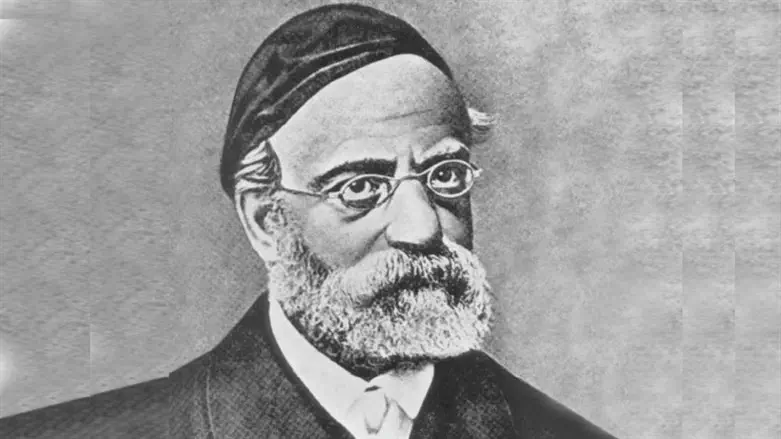
Why must we toil? Why can’t Hashem just shower us with blessings? He doesn’t need our help to provide for our needs, so why does He demand it?
One classic answer is based on a truism of human nature. Generally speaking, people only cherish the fruits of their own labor. They don’t value unearned gifts. Indeed, gifts often corrupt their character. Just look at the children of rich men. From the moment they’re born, they lack nothing – and therefore often lead dissolute lives. Poor people, too, often fall prey to the vices of slothfulness if they receive an endless supply of unearned handouts.
In Parshas Beshalach, G-d feeds the Jewish people two types of food: quail and mon. Notice, though, how the Jews acquired these two food items. To obtain mon – a divine gift – they had to exert effort. To obtain quail – a divine concession to their complaint – they had to do nothing. The quail “covered the camp” and the mon “lay around the camp” (Exodus 16:13, emphasis added).
In Rav Samson Raphael Hirsch’s words:
“It is highly significant that the quails that were sent to them, not as a blessing, but only to teach them that G-d had noted their complaints, were – so to speak – thrown right at their feet whereas that which the loving foresight and care of G-d granted [i.e., the mon] could only be obtained by their own cooperation.”
Every day, every head of household had to leave the Jewish nation’s encampment and gather an omer of mon for each member of his family. But G-d could easily have rendered this routine unnecessary. He could have made the mon fall inside the camp. And if it fell outside the camp, He could have miraculously increased the amount people gathered as soon as they started collecting just as He miraculously increased the total of a person who accidentally collected less than the required amount (see Exodus 16:18). So why didn’t He?
Answer: Because He wished to convey to us “the importance of conscientious industrious work.” Blessing comes through effort. True, the quail came without exertion. But the quail wasn’t strictly a blessing. The mon was. If we wish to enjoy G-d’s blessings, we must do our part.
Rav Samson Raphael Hirsch (1808-1888) – head of the Jewish community in Frankfurt, Germany for over 35 years – was a prolific writer whose ideas, passion, and brilliance helped save German Jewry from the onslaught of modernity.
Elliot Resnick, PhD, is the host of “The Elliot Resnick Show” and the editor of an upcoming work on etymological explanations in Rav Samson Raphael Hirsch’s commentary on Chumash.